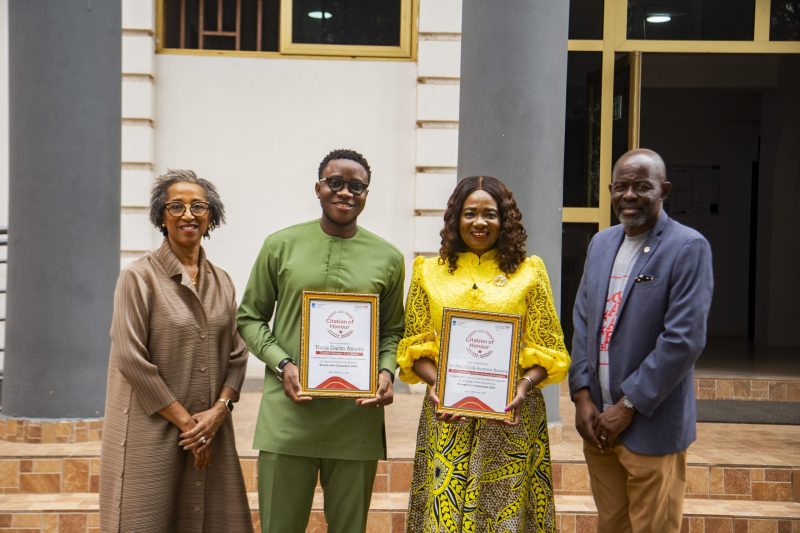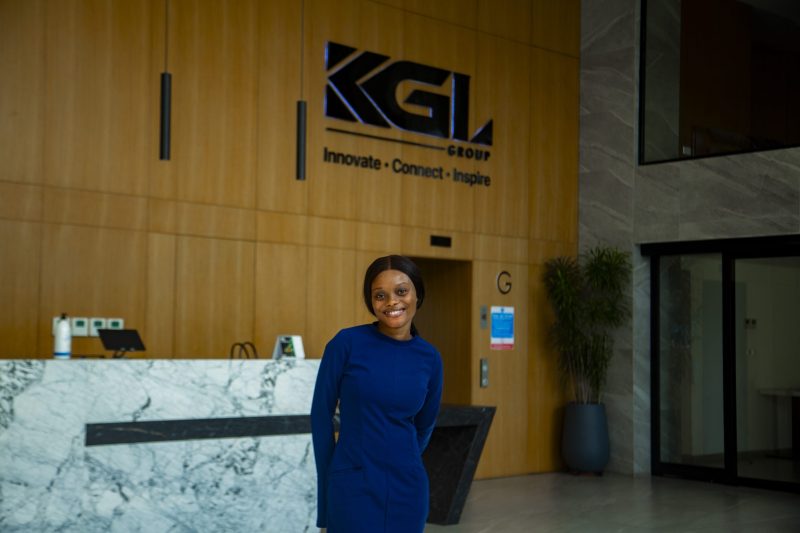In January 2018, the capacity-building element of the Recirculate Project started with five one-week workshops at the Lancaster University Ghana campus in Accra. This ground-breaking project, Recirculate is a £6.8 million project funded by Research Councils UK through the Global Challenges Research Fund (GCRF). GCRF is a 5 year £1.5 billion fund and a key component in the delivery of the UK Aid Strategy: tackling global challenges in the national interest.
Recirculate, led by Lancaster University in partnership with African researchers will deliver innovative solutions to pressing problems with water use and safety and ‘join up’ the different ways in which water sustains communities, from sewage disposal to energy generation and water used in food production. This project is an international collaboration, led by Lancaster University with partners in Ghana, Nigeria, Malawi, Zambia, Botswana and Kenya. The four main partners of the project are Lancaster University, Lancaster University Ghana, Council for Scientific and Industrial Research (CSIR) and University of Benin.
Within the five weeks, a total of 220 researchers, professionals and community delegates from Ghana, Nigeria, South Africa, the UAE, Malawi, Benin, Kenya, Uganda and the UK attended the workshops at the LUG Campus from across 50 organisations. Fifteen LUG faculty members, five professional staff members, as well as four members from the ABN/TAG sister companies in South Africa and Dubai also participated in the workshops. These delegates got an opportunity to interact with each other, and attempted to bridge the gap that exists between researchers and members of the user communities.
Each week had a different theme for the workshops and for the first two days the researchers worked together, and were joined by members of the user communities for the last two days of the week. The researchers were also able to hear from the Commonwealth Fellows who had spent time in residences in Lancaster, to have an idea of what to expect as they began working on their residency applications, which would form the next phase of the project. At the end of each week, the participants were given certificates in a ‘graduation’ ceremony. The themes for the workshops were as follows:
Week 1 – Knowledge Exchange and Engagement: During the first week, researchers and academics discussed the need for knowledge exchange and engagement, and how working collaboration could lead to solving some of Africa’s problems. On the third day the researchers were joined by members from the user communities and both sides were able to hear from each other and discuss ways they could work together in the future.
Week 2 – Water For Energy: Week 2 had the theme Water For Energy, where participants discussed challenges Africa faces in the Energy sector. Researchers from the partner institutions spent four days in Ghana, and the workshops included a trip to Safi Sana Ghana Ltd, and Jekora Ventures, to see two different companies that deal with waste management.
Week 3 – Innovation and Entrepreneurship: For the third week the researchers, academics and members of the community worked with the theme Innovation and Entrepreneurship. They were tasked to work in groups to come up with a business model that would solve the continent’s water crisis and drive eco-innovation.
Week 4 – Water For Food Production – In week 4, participants discussed the theme: Water For Food Production. As part of this group of workshops the participants were able to visit the Nurevas factory, which is a factory in Accra, Ghana that develops a range of exciting sauces, condiments and spreads. Coincidentally, Dr Nicholas Draeger, one of the participants in a few of the Recirculate workshops is also a Director of Nurevas.
Week 5 – Water For Health and Sanitation – In the last week of the Recirculate capacity building workshops, the focus was Water For Health and Sanitation. During the week, the team paid a visit to James Town, one of the oldest towns in Africa built by the British, and was tasked to examine the water and sanitation issues present within the community.
The 5 week workshops were led by a team of academics and researchers led by Professor Nigel Paul, the Recirculate Director, and Dr Akanimo Odon, African Strategic Partnerships Advisor to Lancaster University, UK. Faculty members from the Lancaster University Management School, Lancaster Environment Centre and the Engineering Department also facilitated some of the workshops with the themes in their different areas of expertise. In addition to the training element included in Recirculate, the project has 6-8 week ‘residences’ at Lancaster University, UK, and participants in the workshops in Ghana have the opportunity to apply for these fully-funded residences.
Click here to view images from the capacity building workshops.
Visit the Recirculate project website here



